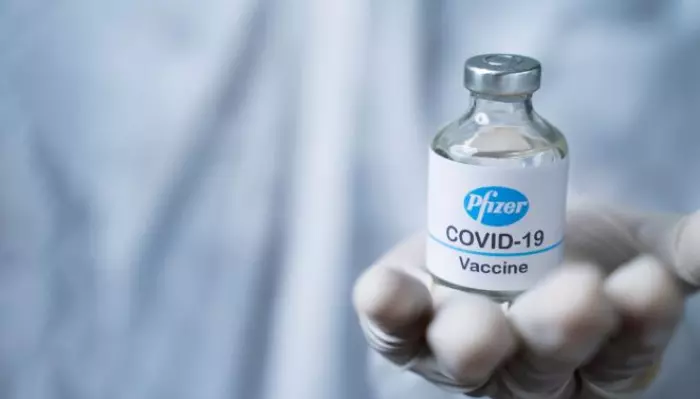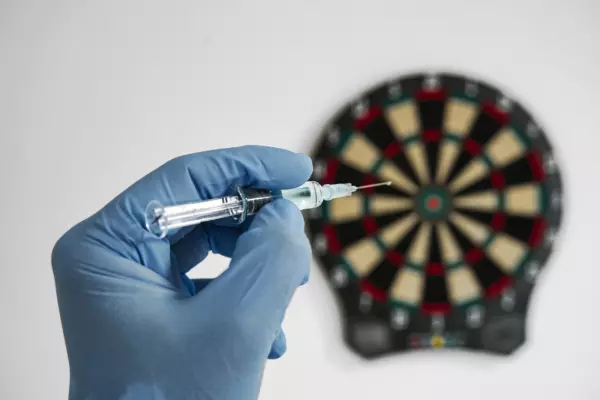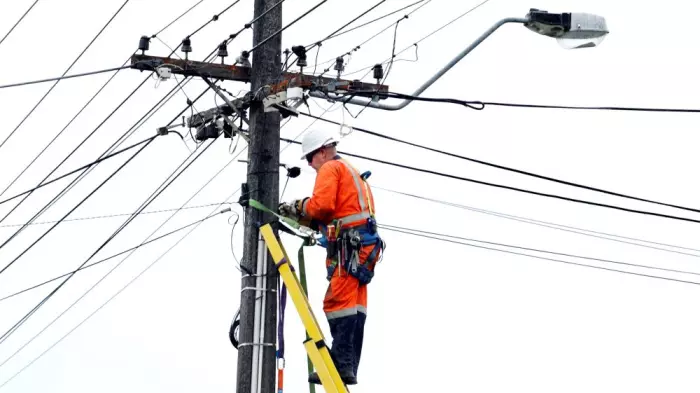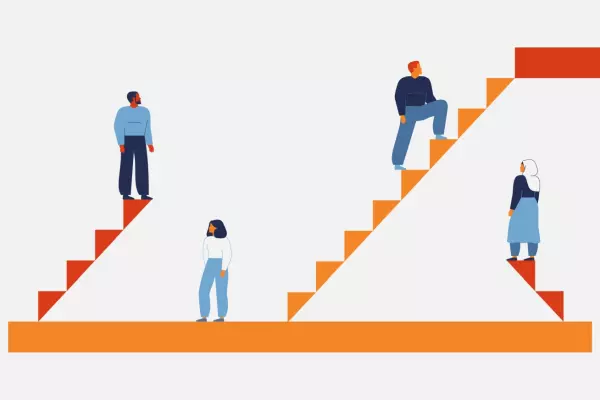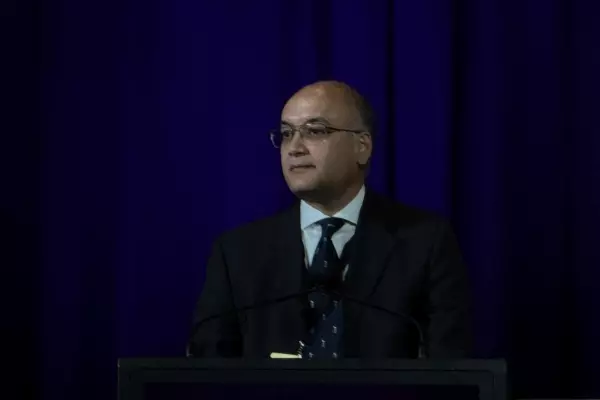Oscar Wilde was an expert in satire, no more so than his play The Importance of Being Earnest where he made a mockery of the ideals of Victorian society which had fallen passionately in love with the idea of earnestness. This included the marvellous quip “If I am occasionally a little overdressed, I make up for it by being always immensely over-educated”.
Wilde and Victorian satire are not logical openers for discussing Medsafe, New Zealand’s regulatory authority responsible for the approval of pharmaceuticals. To give the organisation its full name, the Medicines and Medical Devices Safety Authority is the medical regulatory body run by the Ministry of Health. With a staff of about 60, it administers the Medicines Act 1981 and Medicines Regulations 1984.
Its scope includes covid-19 vaccines such as Pfizer. It has just considered whether to extend Pfizer coverage to 5-11 year olds, something which has been approved by regulatory authorities in several countries including the United States.
Medsafe does not easily lend itself to satire. Its work is highly scientific and technical. Highly educated is a more accurate description of its employees than over-educated.
Although much of its work is below-the-radar, it has come under public attack. On Nov 29, Stuff published a forthright article by Eric Crampton from the New Zealand Initiative.
I don’t know whether Crampton is familiar with Victorian satire but, if he is, he may have had the Charles Dickens novel ‘Bleak House’ in mind. In particular, the fictional Jarndyce and Jarndyce probate case progressing in the English Court of Chancery. The case has become a byword for seemingly interminable legal proceedings. The closest Crampton gets to satire is his metaphoric use of “half a century” to describe Medsafe’s approval process.
In the context of extending Pfizer coverage to children over five years, Crampton argued the pharmaceutical companies had sufficient motivation to give confidence over safety. He is right to the extent that it is not in the interest of pharmaceutical companies to intentionally or otherwise produce ineffective or dangerous vaccines. At the very least the reputational damage would be bad for business. Similarly, it is counter-intuitive for them not to employ competent scientists.
Conflicting priorities
But these companies are driven by profit-maximisation. Not just profitability. They are a risky fit for the provision of a universal public good such as vaccines. Until the current coronavirus pandemic this meant their vaccine research and development was a lower investment priority.
However, the pandemic generated a new lucrative market opportunity. Unfortunately profit-maximisation creates opportunities for standards and carefulness to slide.
This was highlighted by the British Medical Journal on Nov 2 in an article revealing poor practice at Ventavia, a research company contracted to help to carry out Pfizer’s pivotal covid-19 vaccine trial in Texas. Speed appears to have come at the cost of data integrity and patient safety.
A regional director employed by Ventavia advised the American regulatory authority, the federal Food and Drug Administration (FDA) that the company had, among other things, falsified data, employed inadequately trained vaccinators, was slow to follow up on adverse events, and that staff conducting quality control checks were overwhelmed by the volume of problems they were finding. Later the same day the regional director was dismissed.
Crampton’s other main argument is that Medsafe was unnecessary because we could leave it to similar regulatory authorities in other countries such as the United States. He suggests approval by two other countries would be sufficient.
In Crampton’s view, making approval conditional on efficacy only adds to the delay especially for drugs already approved for other purposes. But efficacy is not so unimportant. It measures a vaccine's capacity to succeed in ideal conditions, such as a controlled clinical trial. Further what he omits is ‘effectiveness’ which describes how well a vaccine performs in the real, uncontrolled world.
Do no harm
Crampton could not be more wrong. Medsafe should take as long as is needed before approving a vaccine application because the risk of harm to the innocent is too great. Efficacy is important. However, relying on what the results of clinical trials reveal or what other regulatory authorities in a small number of ‘approved’ countries decide is insufficient when there is an opportunity to drill down further.
Medsafe should also assess the effectiveness of vaccines in those countries where they have been approved and rolled out, particularly those with bigger populations.
The same British Medical Journal article also revealed serious oversight failure by the FDA in the Texas case. Its oversight capacity is severely under-resourced. When the FDA receives a complaint about a clinical trial, it rarely has the staff capacity to inspect, certainly not when it needs to be done.
In 2007, the Department of Health and Human Services’ Office of the Inspector General released a report on the FDA’s oversight of clinical trials conducted between 2000 and 2005. The report found that the FDA inspected only 1% of clinical trial sites.
Since then it has not become better. Inspections carried out by the FDA’s vaccines and biologics branch have been decreasing in recent years, with just 50 conducted in 2020. In total Pfizer held clinical trials in 153 sites, three of which were run by Ventavia in Texas. Only nine of the 153 sites were inspected. Ventavia’s were not listed among them.
It simply can’t be assumed that pharmaceutical companies will always provide the thorough, methodical and transparent rigour necessary to ensure the safety and integrity of vaccines. Nor can it be assumed that overseas regulatory authorities will always provide the necessary oversight to ensure that they are safe and with integrity (arguably the opposite should be assumed). Finally, we can’t assume that efficacy is enough for approval. Proven effectiveness is also required.
If Oscar Wilde was here today, despite his extraordinary talent, he might struggle to write clever satire about Medsafe.
However, although not a scientist, Wilde also had a good intellect and insight.
He would recognise why the work of its highly educated workforce was so important for the safety and protection of New Zealanders, even if the dapper wit thought them possibly under-dressed and earnest.


